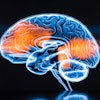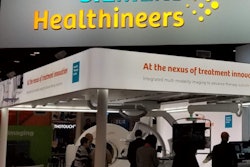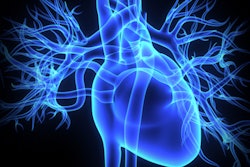Dear Artificial Intelligence Insider,
The Society for Imaging Informatics in Medicine's Conference on Machine Intelligence in Medical Imaging (C-MIMI) always offers a great opportunity to catch up on the latest research and trends in artificial intelligence (AI), and this year's edition in Austin, TX, was no exception.
As the technology continues to advance in the research realm, there was much discussion about what can be done to cross the wide chasm that remains between research success and broad adoption in clinical practice. This issue's Insider Exclusive features a video interview with conference co-chair Dr. Eliot Siegel of the University of Maryland to discuss these issues and other meeting highlights.
We also spoke with co-chairs Paul Nagy, PhD, of Johns Hopkins University, and Dr. Bradley Erickson, PhD, of the Mayo Clinic, to get their perspectives on the state of AI research and on key AI trends.
One scientific presentation that generated a lot of attention involved the use of AI to triage screening mammograms. The researchers led by Dr. Paul Yi of Johns Hopkins University believe their algorithm offers the potential to cut in half the number of screening mammograms that need to be interpreted by radiologists.
Stay tuned for continuing coverage from C-MIMI 2019.
In other news, an AI algorithm can dramatically reduce the amount of time it takes to analyze heart function on cardiac MRI scans, according to a new study. Also, the use of AI for processing CT data could be the "killer app" for AI in medical imaging.
AI may also enable patients who are undergoing abdominal CT scans to be screened for nonalcoholic fatty liver disease. What's more, it can predict side effects from radiation therapy, detect pulmonary nodules on chest x-rays, and differentiate parkinsonism on diffusion-weighted MRI exams.
Also, an algorithm that estimates fractional flow reserve on coronary CT angiography outperformed visual stenosis scoring by clinicians for detecting lesion-specific ischemia, but only in men. Other researchers found that the combination of AI and radiomics can accurately predict the aggressiveness of prostate cancer on dynamic contrast-enhanced MRI exams prior to biopsy. Finally, a literature analysis has raised questions about the validity of AI studies reporting on the diagnostic accuracy of AI software for detecting pulmonary tuberculosis on chest x-rays.
Is there a story you'd like to see covered in the Artificial Intelligence Community? Please feel free to drop me a line.




















